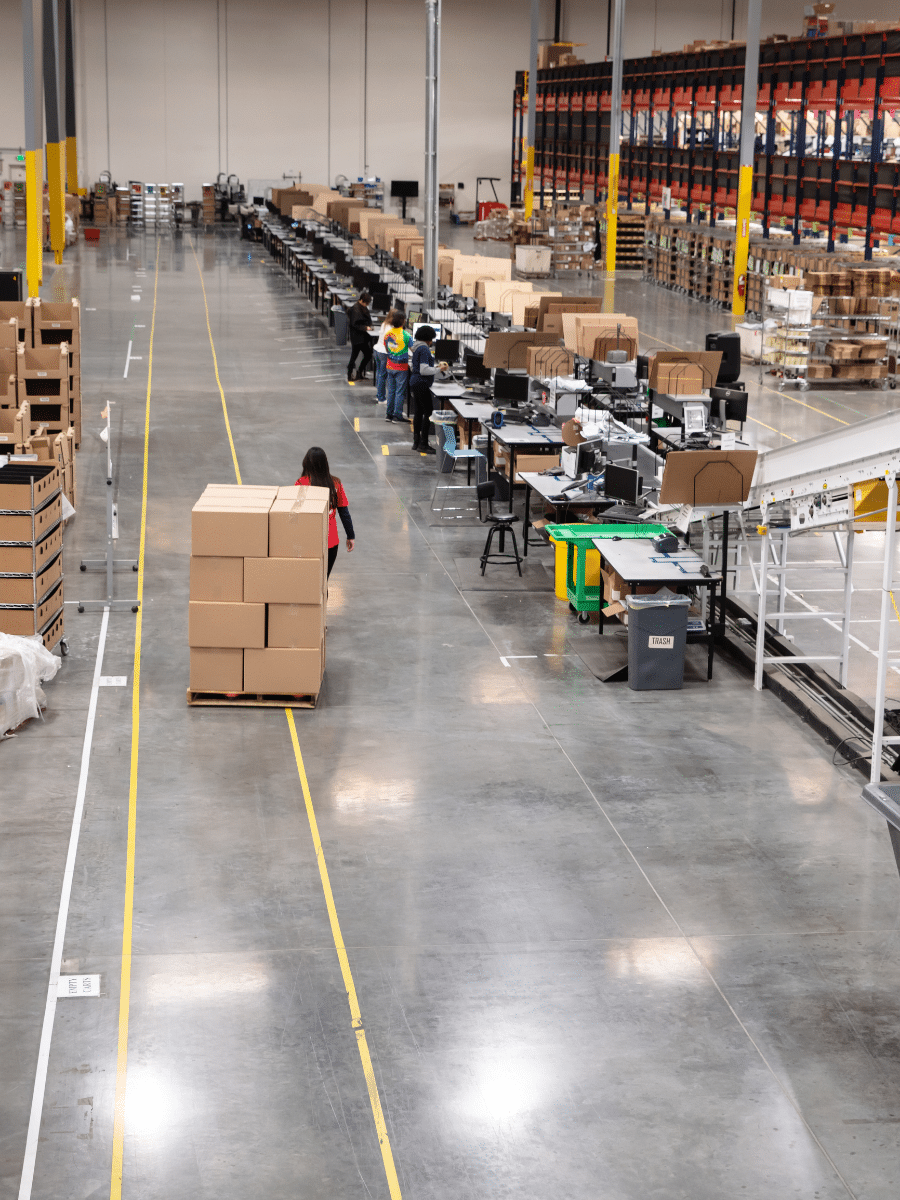The Great Warehouse Outsourcing Debate!
Are you torn between keeping your warehouse operations in-house and hopping onto the outsourcing bandwagon? Fear not, for we have crafted the ultimate guide to help you navigate this critical decision!
In this light-hearted and upbeat blog post, we’ll dissect the pros and cons of outsourcing warehouse operations, offering you compelling insights to make the best choice for your business.
So, strap in and let’s embark on this warehouse outsourcing adventure!
The Bright Side of Outsourcing
Outsourcing warehouse operations offers numerous appealing advantages, especially regarding flexibility, cost reduction, and proficiency. Initially, outsourcing results in significant savings, as you pay solely for required services and only when necessary. Additionally, it allows you to cut overhead costs like facility upkeep, equipment, and staff wages.
Collaborating with a specialised logistics provider or contract manufacturer grants you access to their industry know-how, advanced technology, and proven procedures. This guarantees seamless and efficient operations. Moreover, outsourcing enables your business to expand or contract as required, eliminating the challenges of handling extra staff, equipment, or warehouse area. This adaptability proves invaluable during busy seasons or times of swift expansion.
The Dark Side of Outsourcing
While outsourcing warehouse operations boasts numerous benefits, it also comes with some disadvantages. Possible pitfalls involve loss of control, communication difficulties, and threats to your brand’s image. Outsourcing implies relinquishing a degree of control over your warehouse activities, which may be worrisome for companies that rely strongly on the quality and uniformity of their offerings and services.
Partnering with an external provider may lead to communication challenges, as both entities manoeuvre through distinct systems, languages, and time zones. These obstacles can give rise to delays and confusion, adversely affecting overall productivity. Furthermore, outsourcing entrusts your brand’s reputation to your partner. Any errors or inadequacies on their end can negatively impact your business and harm customer relations.
Making the Decision: Evaluating Your Options
While pondering the possibility of outsourcing, it’s vital to carefully evaluate the advantages and disadvantages to ascertain the optimal decision for your organisation’s needs. Initiate by scrutinising your current operations, detecting areas that need enhancement, and devising your future growth targets. This appraisal will support you in determining whether outsourcing is the appropriate route for your enterprise.
Subsequently, dedicate time to exploring prospective outsourcing collaborators. Assess their expertise, abilities, and client feedback to identify the one that matches your business goals. Lastly, after deciding to outsource, consistently oversee your partner’s performance. Tackle any concerns swiftly and modify the partnership as necessary to guarantee sustained success.
The Outsourcing Verdict
To wrap up, outsourcing warehouse operations presents various advantages, including cost reduction, expert knowledge, and adaptability. Nonetheless, it’s crucial to consider possible downsides, such as loss of control, communication hurdles, and risks to your brand’s reputation.
By meticulously examining your alternatives and identifying the optimal balance for your company, you can reach an informed decision and steer your warehouse operations towards victory!



